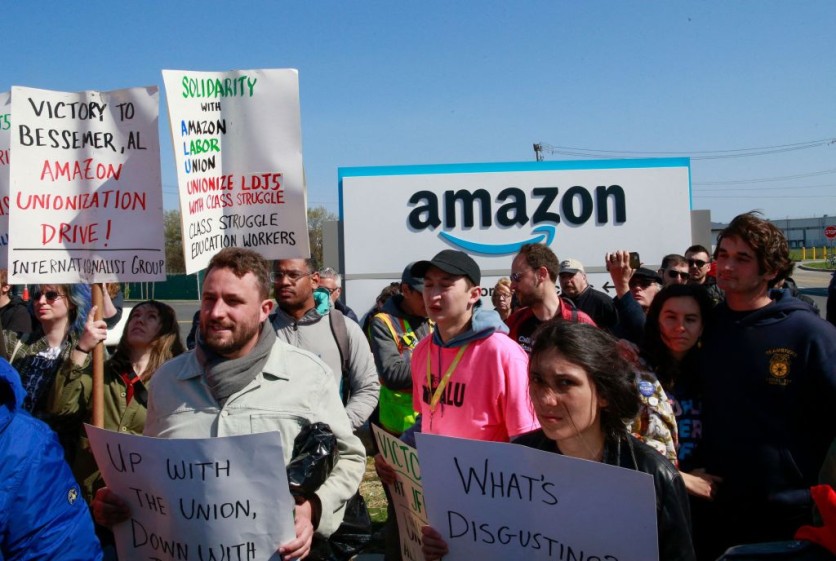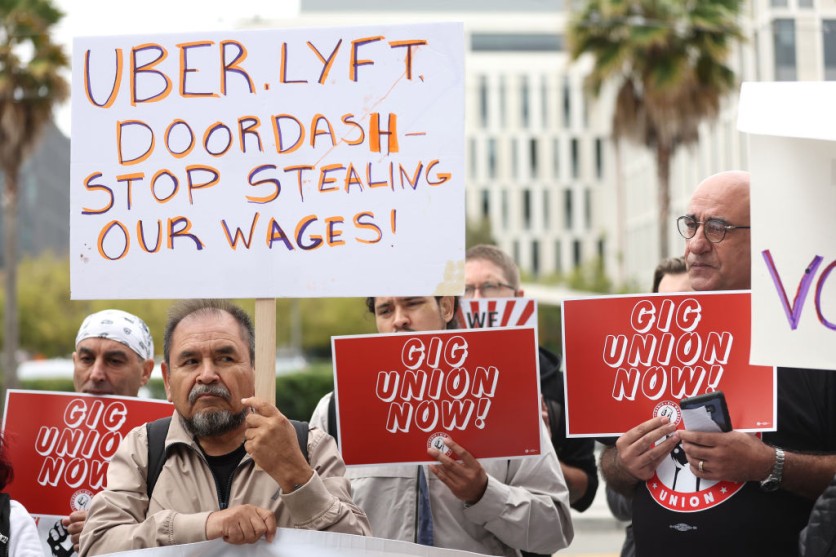Amazon Flex and Uber, along with Ola, Dunzo, and PharmEasy, were all criticized by the research group Fairwork India in a study released on Tuesday, Dec. 27.
The analysis found that all five companies failed to provide fair working conditions for their gig employees, according to TechCrunch's report.

Read Also : Lawmakers Question Amazon for Workers' Safety on Warehouse Rebuilding, After 2021 Tornado
Research Findings
These corporations, as mentioned in the study conducted in conjunction with the University of Oxford, do not give their gig workers fair compensation, fair contracts, fair management, fair representation, or fair working conditions.
Among the 12 companies analyzed, the startup Urban Company received a score of 7 out of 10. It is followed by online grocer Bigbasket with 6, Flipkart and Swiggy with 5, Zomato with 4, grocery delivery service Zepto with 2, and Tiger Global-backed delivery service Porter with 1.
Based on Fairwork India's fourth annual report, only Bigbasket, Flipkart, and Urban Company were granted the first point this year for publicly committing to paying employees at least the hourly local minimum wage after factoring in work-related expenditures.
"Bigbasket and Urban Company have operationalized this by committing to reimburse the difference between worker's earnings per hour and the hourly local minimum wage after costs. Flipkart and Urban Company have committed to basing their pricing structure for workers on the hourly local minimum wage after costs," the report stated.
It explained that Flipkart has also made efforts to compel its third-party service partners to make the same commitment.

Read also: Uber vs. Lyft vs. Gig Economy: How the Battle Over Workers Will End, According to Analysts
The Gig Economy
A gig economy depends mainly on temporary and part-time work performed by independent contractors and freelancers. Workers in the gig economy, whose ranks have grown rapidly in recent years, are not offered traditional benefits like health coverage and paid vacation time.
TechCrunch said many analysts claim that businesses that hire these people abuse them to reduce their legal liability.
There are as many concerns about job security in the digital platform economy as there are possibilities.
Fairwork India's principal investigators, Professors Balaji Parthasarathy and Janaki Srinivasan, shared their thoughts on this matter. They said they hoped the report would provide the basis for an interpretation of flexibility that would allow for the versatility that platforms seek and the income and social security that workers lack.

![Apple Watch Series 10 [GPS 42mm]](https://d.techtimes.com/en/full/453899/apple-watch-series-10-gps-42mm.jpg?w=184&h=103&f=9fb3c2ea2db928c663d1d2eadbcb3e52)



